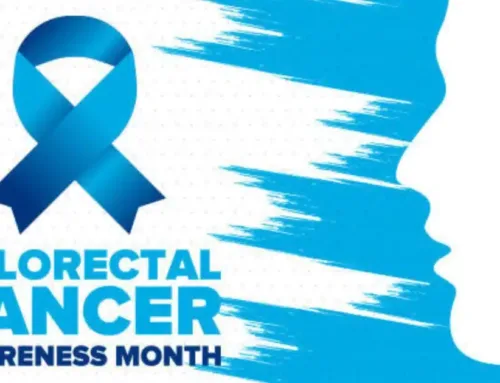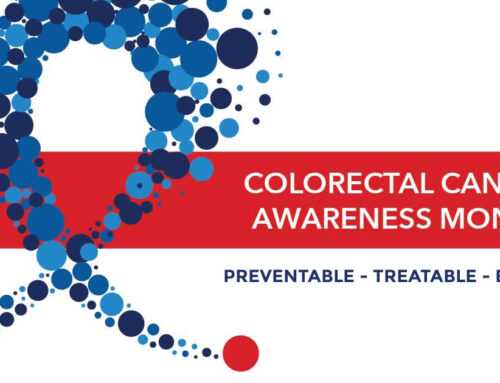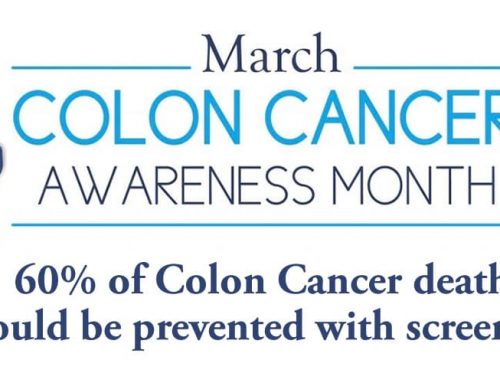June marks Men’s Health Month, a time dedicated to raising awareness about the unique health challenges men face and encouraging them to take proactive steps toward better well-being. While many men tend to focus on fitness, diet, and strength training, one critical area often gets overlooked—digestive health. Understanding and protecting your digestive system is not just about avoiding indigestion or occasional stomach upset; it could be crucial in preventing serious, even life-threatening diseases.
The Silent Role of the Digestive System
Your digestive system is responsible for breaking down the food you eat, absorbing essential nutrients, and eliminating waste. Beyond digestion, it also plays a central role in your immune health and even affects your energy levels and mental clarity. When your gut isn’t functioning properly, you may experience symptoms like fatigue, stomach discomfort, or changes in bowel habits—signs that should never be ignored.
Some of the most dangerous gastrointestinal conditions, including colon cancer and pancreatic cancer, often develop silently without obvious symptoms. That’s why awareness and preventive care are essential.
Prevention Is Power: Early Screenings Save Lives
One of the core messages of this Men’s Health Month is to avoid waiting for symptoms to appear before seeking medical attention. Just because you feel fine doesn’t necessarily mean that everything is okay. Many GI-related illnesses develop slowly and without pain, making them easy to overlook—until it’s too late.
- Colon Cancer Screening Now Starts at 45: For men at average risk, the age to begin colon cancer screening has been lowered from 50 to 45. This change reflects increasing evidence that colon cancer is being diagnosed more frequently in younger adults.
- Understand Your Risk Factors: If you have a personal or family history of gastrointestinal conditions, your doctor may recommend earlier or more frequent screenings, including tests for pancreatic cancer or Lynch Syndrome, a genetic disorder that increases the risk of colon and other cancers.
- Annual Checkups Are Non-Negotiable: A yearly visit with your doctor isn’t merely a quick once-over—it’s your chance to discuss any new symptoms, ask about personalized screening schedules, and ensure you’re up to date on health benchmarks.
Listen to Your Gut—Literally
Digestive issues don’t always demand attention; sometimes, they merely whisper. If you’ve noticed any of the following symptoms, it’s time to consult your doctor:
- Persistent changes in bowel habits
- Unintentional weight loss
- Ongoing abdominal pain or bloating
- Chronic fatigue without a clear cause
These symptoms can signal a wide range of GI conditions, from inflammatory bowel disease (IBD) to early signs of cancer. Don’t dismiss it as aging or stress—your body is conveying something important.
Don’t Ignore Hemorrhoid Symptoms: See a GI Specialist
While hemorrhoids are common and often regarded as minor, they shouldn’t be overlooked, especially if you’re experiencing discomfort, itching, or rectal bleeding. Many men postpone addressing these symptoms or attempt to manage them with over-the-counter creams and laxatives. However, this strategy may only offer temporary relief and fail to tackle the underlying cause.
Gastroenterologists undergo specialized training, enabling them to conduct a more comprehensive evaluation of hemorrhoids and differentiate them from other, more serious conditions. They also provide advanced treatment options beyond standard home remedies, including non-surgical in-office procedures (hemorrhoid banding) that deliver long-term relief.
Most importantly, don’t wait until your next annual checkup to mention any hemorrhoid symptoms. Rectal bleeding, in particular, requires timely medical attention. Early intervention can lead to quicker relief, prevent complications, and ensure that your symptoms aren’t related to a more serious condition.
Men Tend to Wait—But They Shouldn’t
Statistically, men are less likely than women to seek routine medical care, especially when they feel fine. This delay in care often results in later diagnoses, when treatments are less effective. The good news? This is something you can change today. Being proactive about your health doesn’t mean you’re weak—it means you’re smart, strong, and in control.
At Jay Yepuri, MD, we recognize the unique digestive health needs of men. Our dedicated team provides compassionate, comprehensive GI care, from routine screenings to specialized testing and treatment. We’re here to help you feel your best—inside and out.
Take Action This Men’s Health Month
There’s no better time than now to prioritize your digestive health. Here are three steps you can take today:
- Schedule a Checkup: If it’s been a year or more since your last physical, make that appointment now.
- Talk to Your Doctor: Based on your age, symptoms, and family history, ask about which digestive health screenings are right for you.
- Don’t Ignore the Signs: If you’re experiencing unusual symptoms—even if they seem minor—mention them. Early detection saves lives.
Your health is your greatest asset. This Men’s Health Month, give your digestive system the attention it deserves. Whether it involves screening for colon cancer, discussing hereditary risks, or addressing persistent GI symptoms, a simple conversation with your doctor can be a life-changing first step.
To learn more about your digestive health, schedule an appointment with Dr. Jay Yepuri’s office by calling 817-267-8470 or online.
Prioritize your health because you deserve to feel your best every single day!








